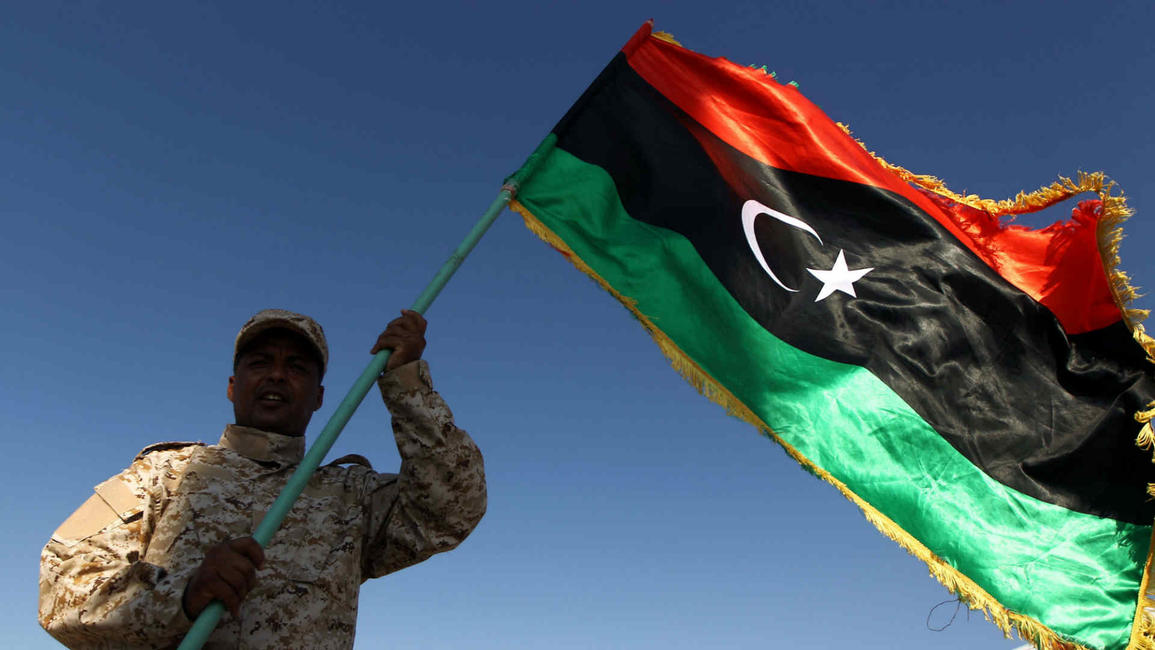Libya's $2bn financial 'black hole' in oil revenues
Official statistics show there was a 44 percent drop in revenue, as only 3.03 billion dinars ($2.2 billion) was raised, while it was expected to be 5.42 billion ($3.87 billion).
This created a shortfall of 2.4 billion dinars ($1.7 billion) which has of yet not been explained in full.
According to the government's figures for the first quarter, the Central Bank of Libya gave the finance ministry a loan of 4.8 billion dinars ($3.4 billion) to help plug the gap.
Fighting erupted in Libya's 'oil crescent' in the first few months of 2017, as various military factions vied for control over the country's vital oil terminals.
Forces loyal to General Khalifa Haftar, who controls the country's east, fought with Islamist fighters over the terminals in March, preventing the flow of oil and seriously reducing exports.
Libya's de facto oil minister, Mustafa Sanalla, told a conference of investors in London in November it was "essential" that western companies helped finance security forces at the terminals to keep the oil flowing.
Libya is the 170th most corrupt nation out of 175 countries in the world, according to Transparency International's 2016 Corruption Perceptions Index.
![Trump's warm greeting to Netanyahu contrasted with Kamala Harris's critical reception [Getty]](/sites/default/files/styles/image_330x185/public/2024-07/GettyImages-2162908988.jpg?h=69f2b9d0&itok=OLc5dL88)
![The brutal assault on Khan Younis has killed dozens and displaced thousands more [Getty]](/sites/default/files/styles/image_330x185/public/2024-07/GettyImages-2162526709.jpg?h=d3eda8cf&itok=n5N-o8p5)
![Members of the Algerian delegation threw roses into the Seine [Getty]](/sites/default/files/styles/image_330x185/public/2024-07/GettyImages-2162980872.jpg?h=199d8c1f&itok=h_3o_TOL)